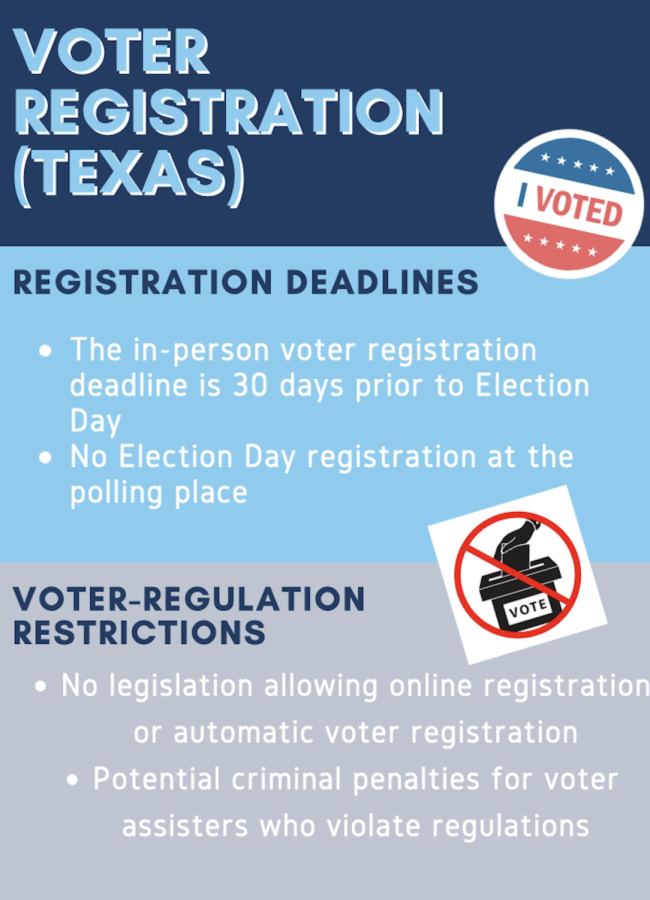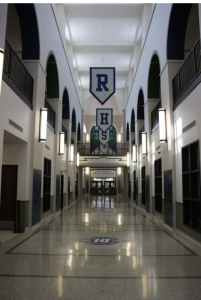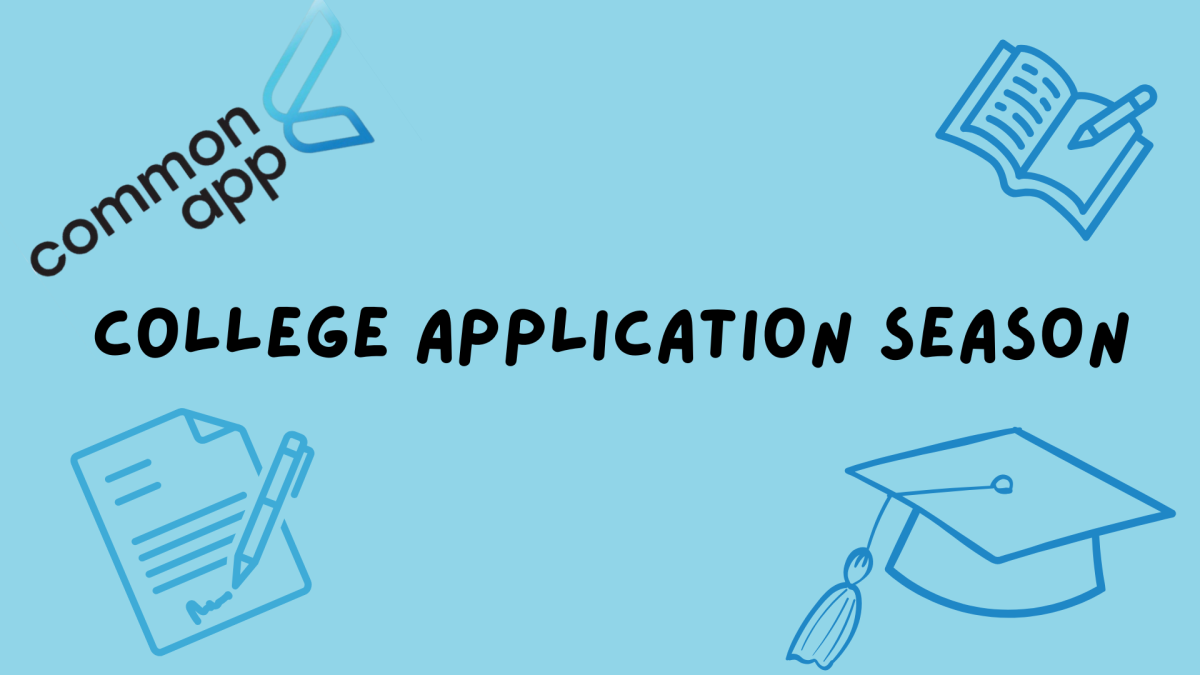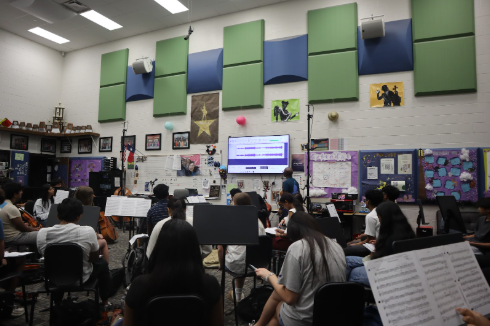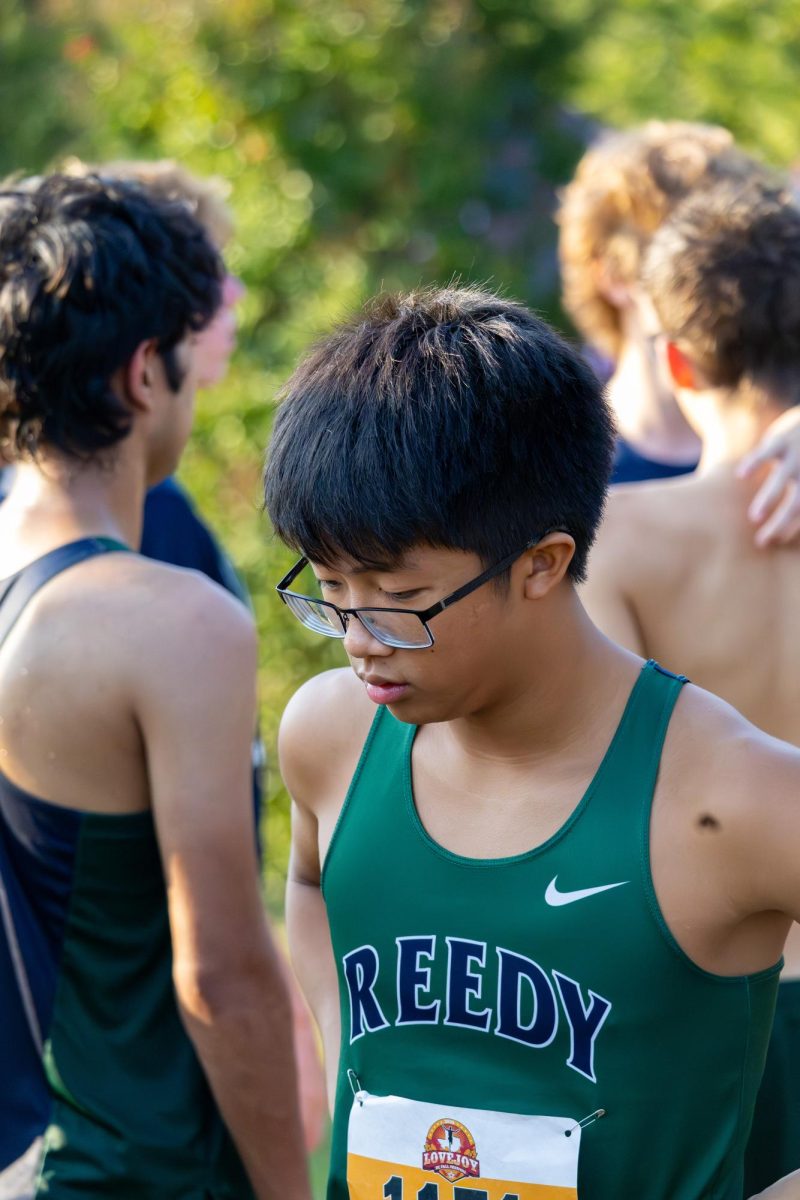Taking a Dive Into the Polls
January 24, 2023
On the morning of the 2022 General Election on Nov. 8, people lined up at Keller Springs Baptist Church, a polling site on the Upper West Side of Dallas. They were greeted by a row of poll workers who processed their ballots and directed them to the polling stations. Pollworkers Emily Mantooth and Lauren Isaac describe their experiences on Election Day.
“I thought our group this time was great,” Mantooth said, “I just loved how all day everybody worked together. And I love all the people who show up because they care, and they’re just excited to be part of the process.”
Getting the opportunity to connect with other poll workers also contributed to their positive experience.
“I felt like I was doing something really important, and I was able to connect and get to know other people who feel the same way about being of service to the country,” Isaac said.
For both Mantooth and Isaac, health concerns amid COVID-19 heightened their sense of duty as poll workers in the recent Nov.8 election.
“Probably my interest in getting politically involved started in the last presidential election,” Isaac said. “There were some things that were just unacceptable to me. Our health was on the line with COVID. Regardless of what your perspective is, I think we can all agree that health was a huge factor.”
During the 2020 presidential elections, health concerns caused a shortage in poll workers. Despite risking her health as a poll worker, Mantooth worked for a consecutive 18 day period during the Early Voting days leading up to the 2020 election.
“I saw something that said that there was a shortage of poll workers,” Mantooth said. “Because of COVID, I was unemployed at the time. And I’m young and healthy, and I felt like it was important. That’s when I decided to do it.”
Her experience as a poll worker in the 2020 elections encouraged her to continue volunteering in subsequent elections.
“I really enjoyed it, and it was great to see people excited to play their part in democracy,” Mantooth said. “Since then, I have gotten a job, so I really can’t work 18 days straight anymore. But I still wanted to help, and working on Election Day is a good way to do that.”
Mantooth’s previous pollworking experience at the 2020 elections eased her into the job during the Nov. 8 elections.
“The first time I worked as poll worker, it was just repetition,” Mantooth said. “Each day we had around 2000 people come through the door every day, so the sheer repetition over and over again made me get better at it for sure.”
For Isaac, as the recent Nov. 8 election was her first pollworking experience, she struggled with getting used to the work.
“I kept struggling with writing the voter’s name and ballot number down on the sheet,” Isaac said. “Maybe there was too much going on, but the amount of places that we have to have their name and their number made it hard for me to get in the routine.”
While Mantooth felt comfortable with processing the ballots, she was unfamiliar with the procedure of registering people whose name or address didn’t match the voter in the system.
“The only thing that always worries me is if the person’s name doesn’t pull up in the system,” Mantooth said. “Then, you have to do an absentee ballot or a provisional ballot, and it gets complicated.”
The requirement that voters must register at polling sites assigned to their address often caused challenges to voter registration.
“There were some people we just straight up turned away because they weren’t in Dallas County which makes it even harder for people to vote in Denton,” Isaac said. “They were so excited to vote, and they were registered, but they couldn’t vote. It was a bummer for me to see that.”
The difficulty in voter registration especially applies to Texas where voter turnout here is among the lowest in the nation, according to the United States Election Project. Along with various voting requirements, the constantly fluctuating state laws on voting act as an additional barrier for voters.
“Texas makes voting really hard because the state and county laws keep changing,” Mantooth said. “So people who are not very interested, vote even less than less, and we just need to see the opposite of that.”
The challenges to voter registration can be frustrating, especially considering its potential impact on the election results.
“Lowering turnout is inexcusable to me,” Mantooth said. “If those folks all had an opinion and voted, it might change drastically what our elected officials look like and what they prioritize.”
While voting requirements may discourage voter turnout in the general population, in recent years, young people have started to vote in high numbers across America.
“I was surprised at the amount of young people, who clearly just became eligible to vote, coming to vote,” Isaac said. “I knew young people got excited about presidential elections, but I thought this election would be overlooked.”
Along with an increase in younger voters, compared to prior years, overall voter turnout at the Carrollton polling site nearly doubled.
“Our election judge said that they usually only had around 100 voters, and we had over 200,” Mantooth said. “People showed up, and it felt good that we were part of that process.”
Although the recent Nov. 8 elections marked her second pollworking experience, Mantooth looks forward to continuing pollworking in future elections.
“This is just something that I care about, and I’m lucky that I have the time and resources to do it,” Mantooth said. “You help out with democracy one day and you feel so good that you helped. I’m happy to do it. I will continue to do it whenever I can.”

